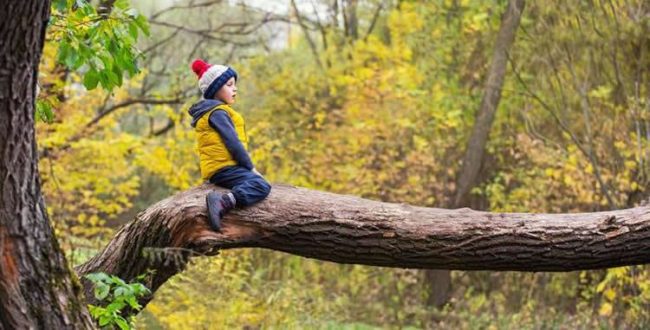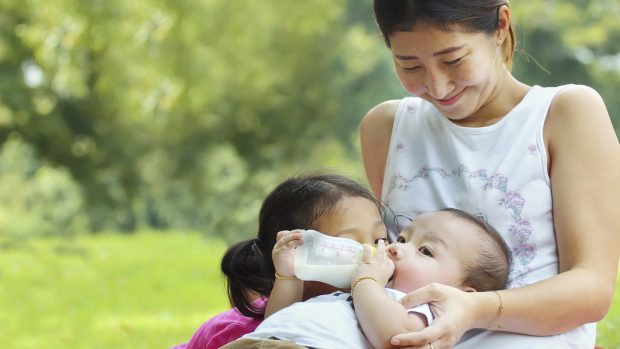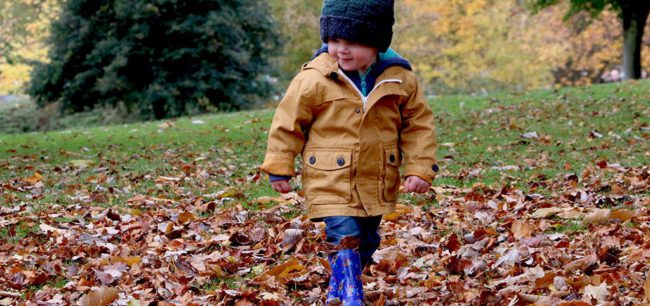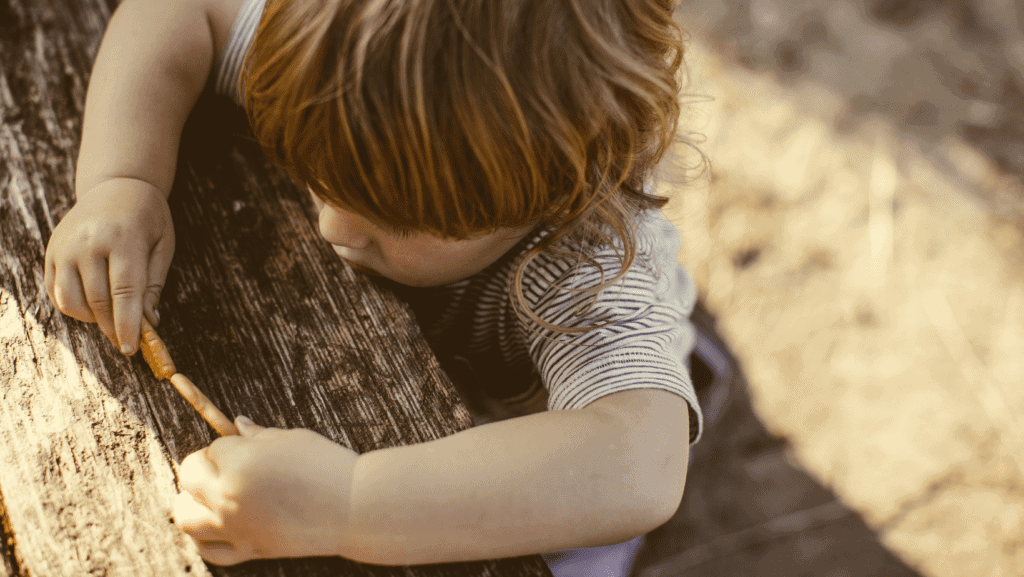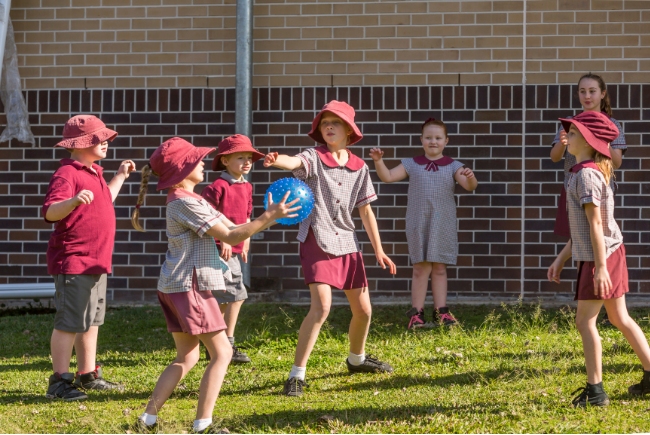Residential green space in childhood is associated with lower risk of psychiatric disorders from adolescence into adulthood
Urban residence is associated with a higher risk of some psychiatric disorders, but the underlying drivers remain unknown. Here, we investigate the prospective association between green space and mental health in the Danish population.

